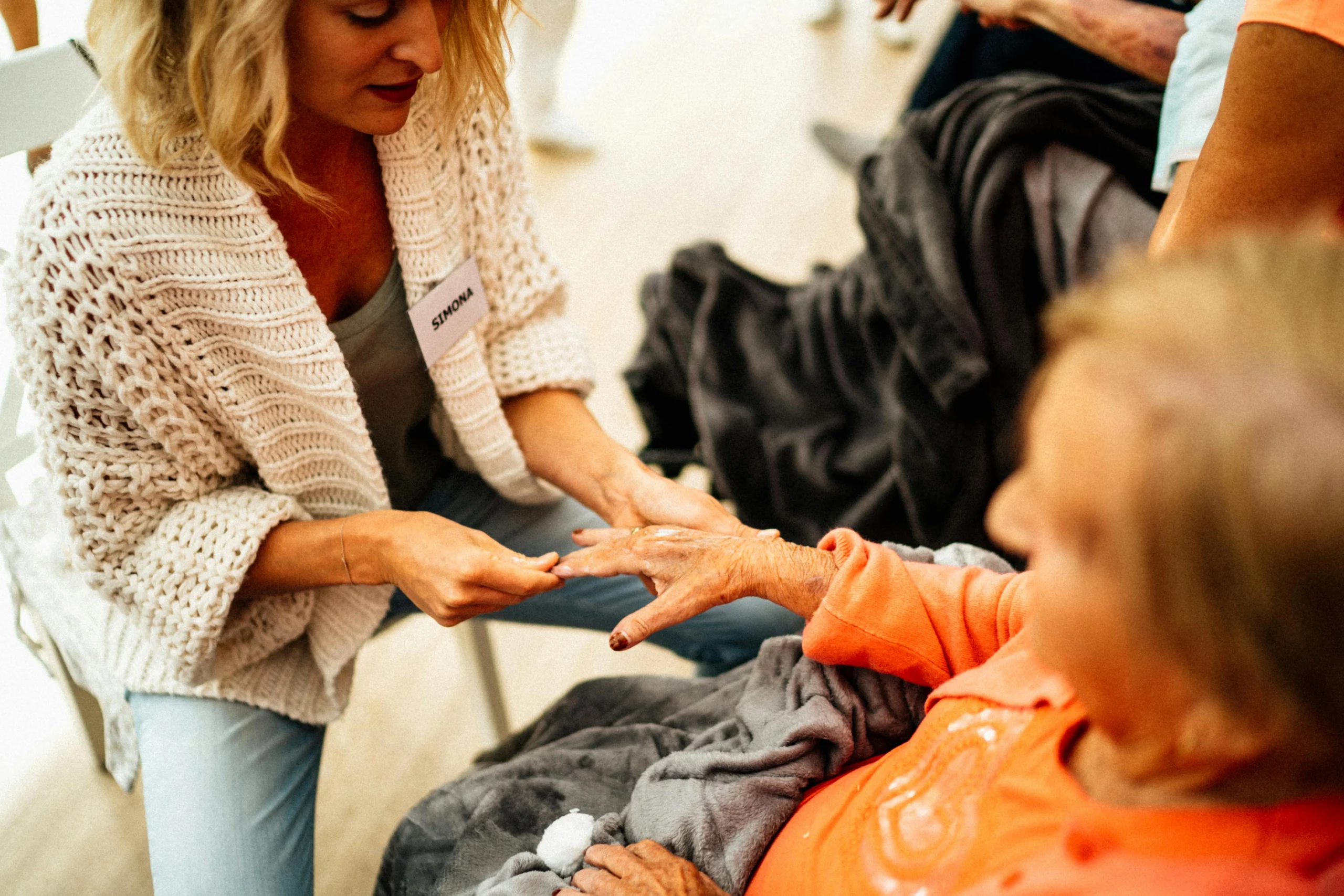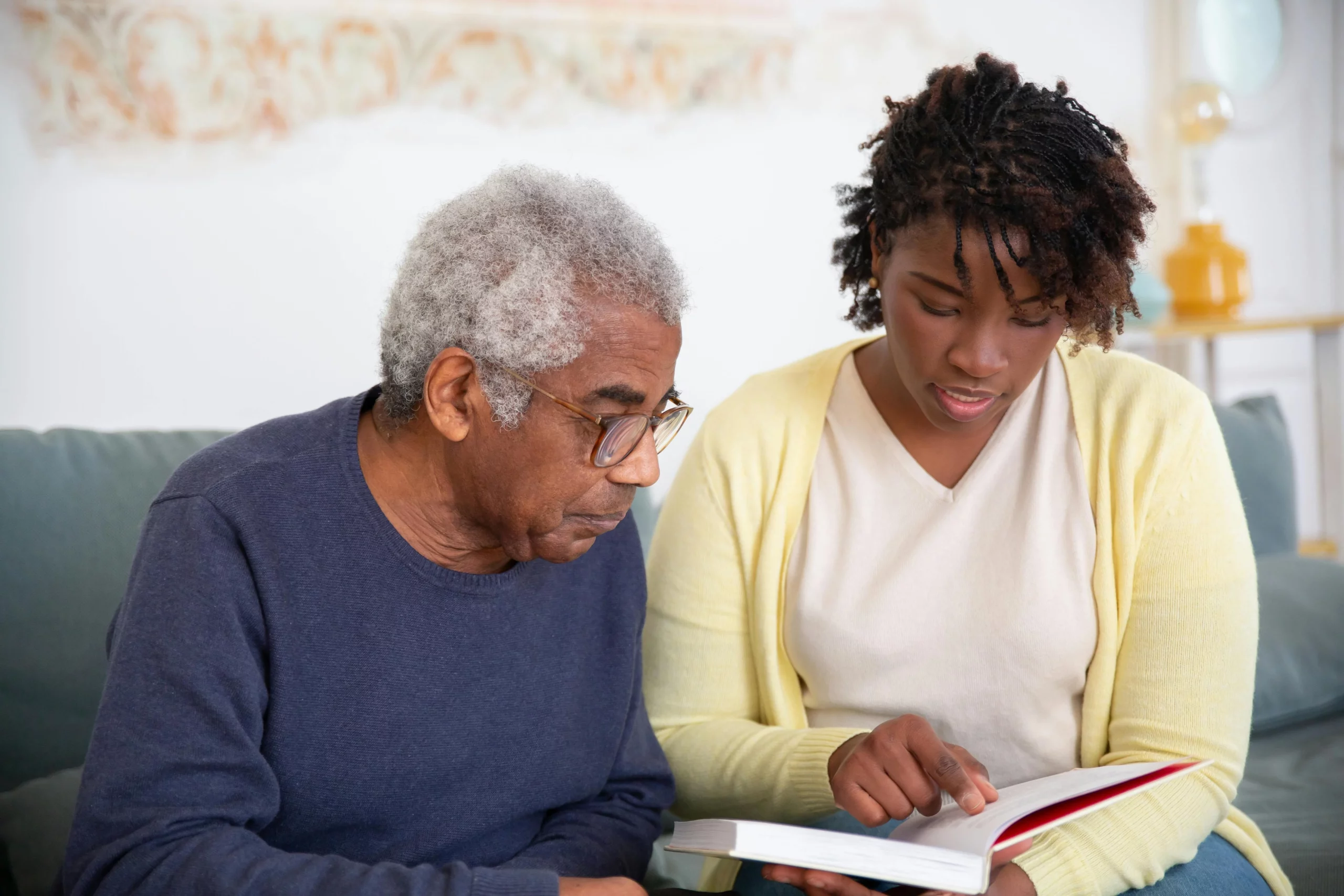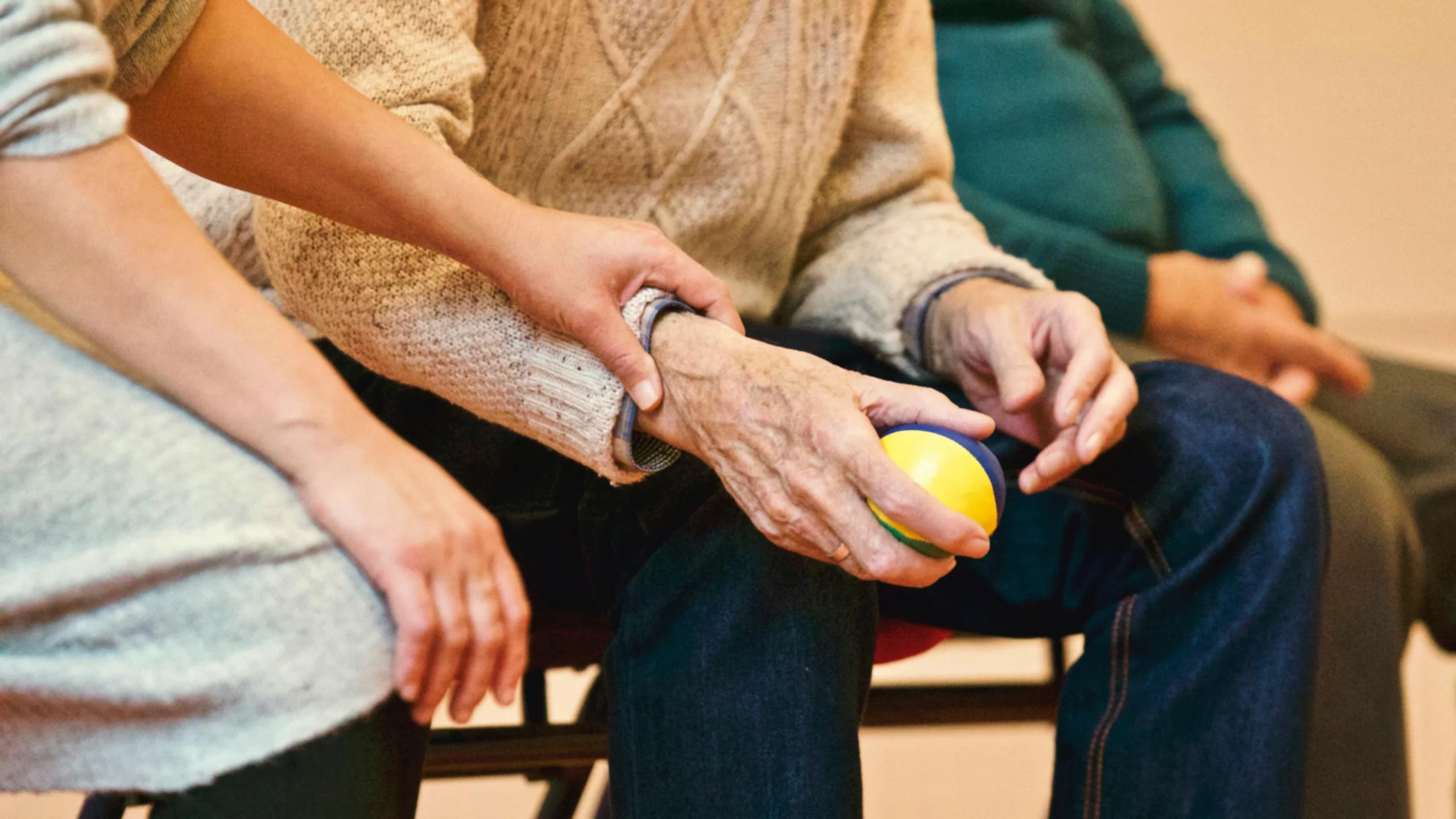What is a Geriatric Nurse?
A geriatric nurse, also known as a gerontological nurse or eldercare nurse, is a specialized registered nurse (RN) who focuses on providing comprehensive healthcare services to elderly patients. Geriatric nurses assess, monitor, and manage the unique health needs and challenges of older adults, collaborating with interdisciplinary healthcare teams to optimize patient outcomes and enhance the quality of life for elderly individuals.
Geriatric Nurse Job Description
We are currently seeking compassionate and skilled geriatric nurses to join our dedicated team specializing in geriatric care. As integral members of our healthcare facility, successful candidates will play a vital role in providing high-quality nursing care to elderly patients, promoting their health, comfort, and well-being.
As a geriatric nurse, you will have the opportunity to utilize your clinical expertise, empathy, and specialized knowledge in gerontology to provide holistic, person-centered care to elderly patients across various healthcare settings.
The ideal candidates will possess strong clinical skills, patience, and a deep commitment to improving the lives of elderly individuals.
What Does a Geriatric Nurse Do?
- Assess the physical, cognitive, psychosocial, and functional health status of elderly patients using comprehensive geriatric assessment tools, standardized assessment scales, and evidence-based assessment techniques to identify health problems, risk factors, and individualized care needs.
- Develop and implement individualized care plans, treatment regimens, and care interventions tailored to the specific needs, preferences, and goals of elderly patients, in collaboration with interdisciplinary healthcare teams, patients, and their families.
- Provide direct nursing care to elderly patients, including medication management, wound care, chronic disease management, palliative care, and end-of-life care, utilizing best practices, clinical guidelines, and ethical principles in geriatric nursing practice.
- Monitor elderly patients’ health status, vital signs, medication adherence, functional status, and response to treatment, and communicate effectively with healthcare team members, patients, and families to ensure coordinated care, continuity of care, and patient safety.
- Educate elderly patients and their families about age-related health conditions, preventive care strategies, medication management, self-management techniques, and community resources to empower them to make informed decisions, promote health literacy, and enhance self-care abilities.
- Advocate for the rights, dignity, autonomy, and well-being of elderly patients, promoting person-centered care, shared decision-making, and patient engagement in healthcare decisions and care planning processes.
- Collaborate with interdisciplinary healthcare team members, including physicians, nurse practitioners, social workers, physical therapists, and occupational therapists, to develop comprehensive care plans, coordinate services, and facilitate care transitions across various healthcare settings.
- Document nursing assessments, care interventions, patient responses, and outcomes accurately and timely in electronic health records (EHRs) and other healthcare information systems, ensuring compliance with regulatory standards, confidentiality requirements, and professional ethics in nursing documentation.
- Participate in quality improvement initiatives, evidence-based practice projects, and interdisciplinary research activities to advance geriatric nursing knowledge, promote best practices, and improve the quality and safety of care for elderly patients.
How Much Do Geriatric Nurses Make?
The median annual salary for a registered nurse (RN) possessing geriatric skills is reported to be $69,212, equating to an average hourly wage of $30.11. However, it’s important to note that various factors contribute to RN compensation, including educational attainment, certifications, work environment, years of experience, and additional skill sets.
Skill Requirements
- Clinical Expertise in Geriatric Nursing: Geriatric nurses must possess advanced clinical knowledge, skills, and competencies in geriatric nursing practice, including geriatric assessment, gerontology, geriatric pharmacology, chronic disease management, and palliative care, to provide comprehensive, evidence-based care to elderly patients.
- Empathy and Patience: Geriatric nurses should demonstrate empathy, patience, and sensitivity in caring for elderly patients, recognizing their unique needs, challenges, and vulnerabilities, and providing compassionate, person-centered care that preserves their dignity, autonomy, and quality of life.
- Communication and Interpersonal Skills: Effective communication and interpersonal skills are essential for geriatric nurses to interact with elderly patients, families, caregivers, and interdisciplinary healthcare team members, fostering trust, rapport, and therapeutic relationships that promote effective collaboration, shared decision-making, and positive patient outcomes.
- Critical Thinking and Problem-Solving: Geriatric nurses must exhibit strong critical thinking, clinical judgment, and problem-solving abilities in assessing complex health issues, prioritizing care interventions, and implementing evidence-based strategies to address age-related health conditions, functional decline, and psychosocial issues in elderly patients.
- Cultural Competence and Diversity Awareness: Geriatric nurses should possess cultural competence and diversity awareness to provide culturally sensitive care to elderly patients from diverse backgrounds, respecting their beliefs, values, customs, and preferences, and addressing healthcare disparities and inequities in geriatric care delivery.
- Ethical Practice and Professionalism: Geriatric nurses should uphold ethical principles, professional standards, and regulatory requirements in geriatric nursing practice, including patient advocacy, confidentiality, integrity, accountability, and respect for patients’ rights and choices, to ensure ethical, compassionate, and high-quality care for elderly patients.
- Continuous Learning and Professional Development: Geriatric nurses are encouraged to engage in lifelong learning, continuing education, and professional development activities to enhance geriatric nursing competencies, stay abreast of advances in gerontology and geriatric care, and promote excellence in geriatric nursing practice.
Example KPIs for a Geriatric Nurse
- Patient Satisfaction and Quality of Care: This KPI measures geriatric nurses’ effectiveness in ensuring patient satisfaction, safety, and positive health outcomes by delivering high-quality, patient-centered care that meets patients’ physical, emotional, and psychosocial needs and preferences. Interdisciplinary
- Collaboration and Care Coordination: This KPI evaluates geriatric nurses’ collaboration, communication, and teamwork with interdisciplinary healthcare teams to promote care coordination, continuity of care, and effective healthcare delivery across various settings, including hospitals, long-term care facilities, and community-based programs.
- Fall Prevention and Mobility Promotion: This KPI assesses geriatric nurses’ efforts in preventing falls, promoting mobility, and minimizing functional decline in elderly patients by implementing evidence-based fall prevention strategies, mobility exercises, and assistive devices, and collaborating with healthcare team members to enhance patient safety and independence.
- Pain Management and Symptom Control: This KPI measures geriatric nurses’ effectiveness in managing pain, discomfort, and symptoms in elderly patients by assessing pain levels, administering analgesic medications, and implementing non-pharmacological pain management interventions, such as relaxation techniques, positioning, and therapeutic touch.
- Family and Caregiver Support: This KPI evaluates geriatric nurses’ provision of education, emotional support, and resources to family members and caregivers of elderly patients, empowering them to participate in caregiving activities, address caregiving challenges, and maintain their own health and well-being while caring for elderly loved ones.
How Can Glider AI Help You with Hiring a Geriatric Nurse?
Glider’s recruitment platform is designed to prioritize competency over credentials, enabling organizations to assess candidates’ skills objectively and efficiently. Utilize Glider AI Skill Intelligence™ to streamline the hiring process, identify top-quality Geriatric Nurse candidates, and ensure a mobile-first, candidate-friendly experience.
Glider AI’s Unique Features
- Verify Medical Licenses
- Validate Hundreds of Medical, Clinical, and Technical Skills
- Ensure Hiring Compliance
- Conversational Chatbot for Talent Screening
- Powerful candidate analytics
- Streamline Healthcare Hiring with AI and Automation
Go ahead and spotlight your Geriatric Nurse with Glider AI today!
Schedule a Demo or contact us at info@glider.ai



